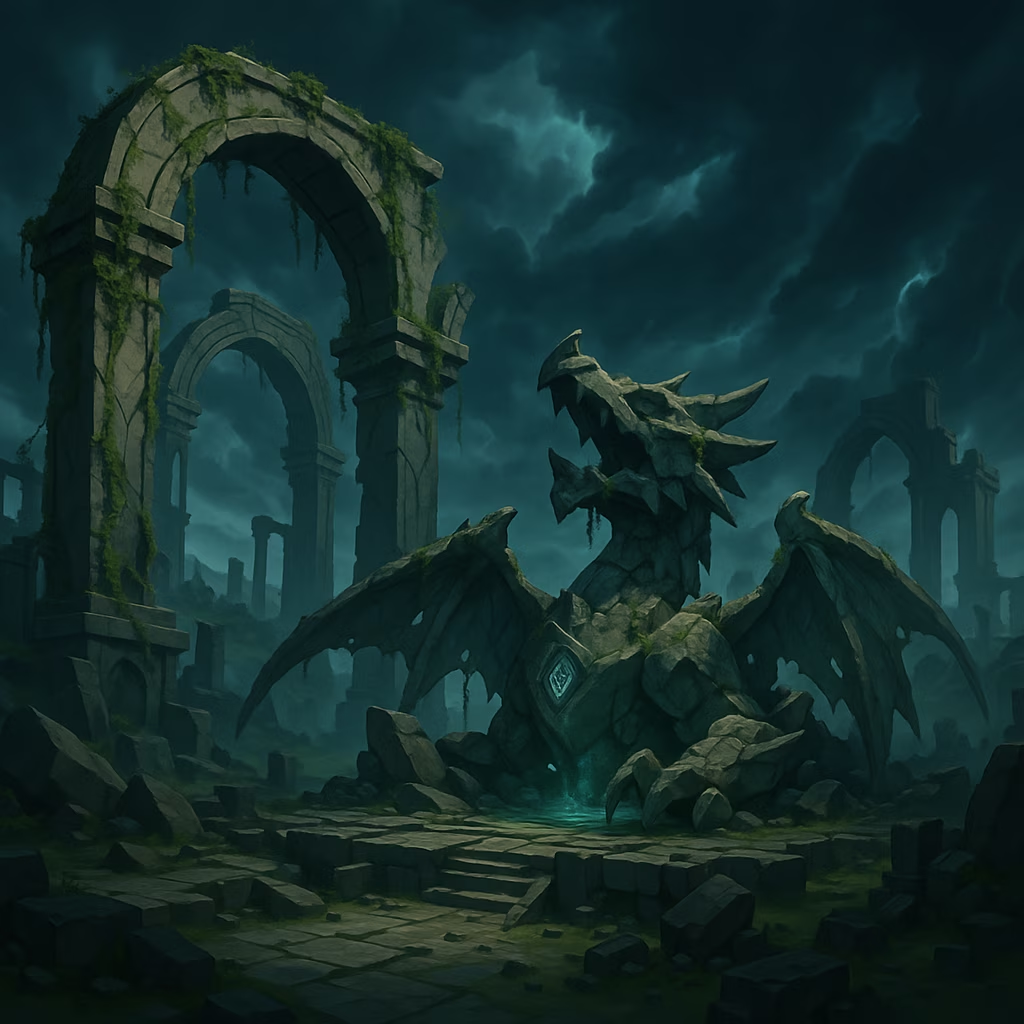Ink and Desire: When Fandom Crosses the Abyss
Discover the shocking betrayal behind *Showtime*, a Persona 5 fanzine project, where trust crumbled amid gacha game addictions and financial deceit.
I remember the first time I held a fanzine in my hands—the scent of fresh paper carrying stories spun from shared love. But today, that memory tastes like rusted coins as I read about Showtime, a Persona 5 anthology project now drowning in betrayal. What began as a celebration of Joker and Crow's rivalry—a symphony of fan art and prose—curdled into a parable about trust and gacha games' addictive pull. The numbers sting: $27,625.10 CAD vanished, siphoned into Genshin Impact's glittering vortex of wish banners and 5-star characters. A moderator’s screen-cropped lies couldn’t hide the empty coffers when postage bills came due.

The Anatomy of a Fandom Crisis
-
The Fall: Ree, the head moderator, allegedly fabricated financial records for months, leaving only 53% of pre-ordered zines shipped.
-
The Confession: Truth emerged only after postal funds vanished—$3,000 returned, but the rest lost to digital gambles.
-
The Aftermath: No legal recourse exists; Etsy’s informal structure left contracts unwritten, money trails untraceable.
Fandom spaces often operate on passion over pragmatism, a double-edged sword. When asked "Why no legal action?", the answer lies in the unspoken rules of fanworks: we build temples without blueprints, trusting fellow devotees to guard the altar.
Genshin Impact: The Elephant in the Room
While not explicitly named in Showtime’s statement, community reactions paint a damning picture. MiHoYo’s RPG thrives on FOMO-driven mechanics:
| Mechanic | Psychological Hook |
|---|---|
| Wish System | Random character unlocks |
| Primogem Currency | Daily login incentives |
| Limited Banners | Scarcity manipulation |
This isn’t just about Ree—it’s about systems designed to turn $10 impulses into $10,000 addictions. The U.S. lacks regulations to shield young players, unlike Belgium’s loot box bans.
People Also Ask
- ❓ Can embezzled funds be recovered without contracts?
Unlikely. Informal collaborations often lack legal safeguards.
- ❓ Why do gacha games trigger compulsive spending?
Variable reward schedules—the same psychology that hooks casino patrons.
- ❓ How can fan projects protect themselves?
Third-party payment processors, transparent ledgers, and rotating financial oversight.
Salvaging the Dream
The Showtime team now hosts a digital fundraiser, selling PDF copies and donated merch to fulfill orders. Contributors—artists and writers who poured hearts into pages—will receive any surplus funds. It’s a Band-Aid on a bullet wound, but fandom survives on stubborn hope.
I think of my own shelf: zines from a dozen fandoms, each a labor of love. What happens when passion metastasizes into exploitation? We’re all one bad roll of the gacha away from becoming cautionary tales.
A Future Written in Brighter Ink
My hope? That from this ashes rises a Fandom Covenant—a voluntary code of conduct for fan projects, blending accountability with the communal spirit that makes zine culture magical. Imagine:
-
🌟 Crowdfunded legal advisories for fan creators
-
🌟 Partnerships with ethical payment platforms
-
🌟 Mental health resources for those battling gacha addiction
The next time we gather to celebrate Phantom Thieves or Archons, let’s wield both pens and protections. For every story deserves an ending unspoiled by avarice.
